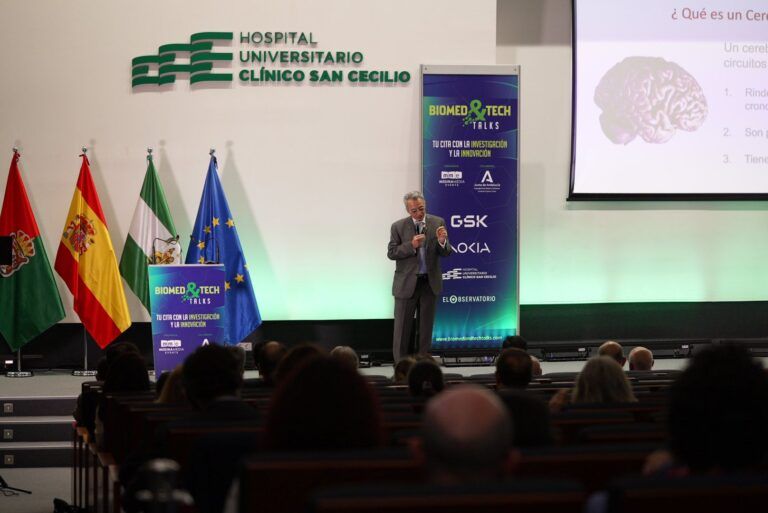- Álvaro Pascual-Leone, Professor of Neurology at Harvard Medical School: “What worries 97% of the European population most is the possibility of developing dementia”.
- The Regional Minister of Health and Consumer Affairs of the Andalusian Regional Government, Catalina García Carrasco, has been in charge of welcoming the first edition of ‘BioMed & Tech Talks’, which places Andalusia in the European showcase and endorses “the clear and firm commitment of the Andalusian Government for research and health innovation”.
- Isaac Túnez, Secretary General of Public Health and R&D&I in Health of the Ministry of Health and Consumer Affairs of the Andalusian Regional Government, has announced that the Andalusian Health Institute (ISA) will have a budget of around 100 million euros and “will have the capacity to generate a research career similar to that of the CSIC, which will allow it to consolidate talent”.
- “The time to bring science and technology together to improve the lives of patients is now,” stresses Jorge Pou of GSK Spain.
Granada, 8th April 2024.- The first edition of ‘BioMed & Tech Talks’: Your appointment with research and innovation has turned Granada into the epicenter of Biomedicine and Biotechnology. The Hospital Clínico Universitario San Cecilio, located in the Granada Health Technology Park, hosted the first day of this new independent, transversal, international and multidisciplinary event on Monday, which will run until Thursday, April 11, coinciding with World Health Week.
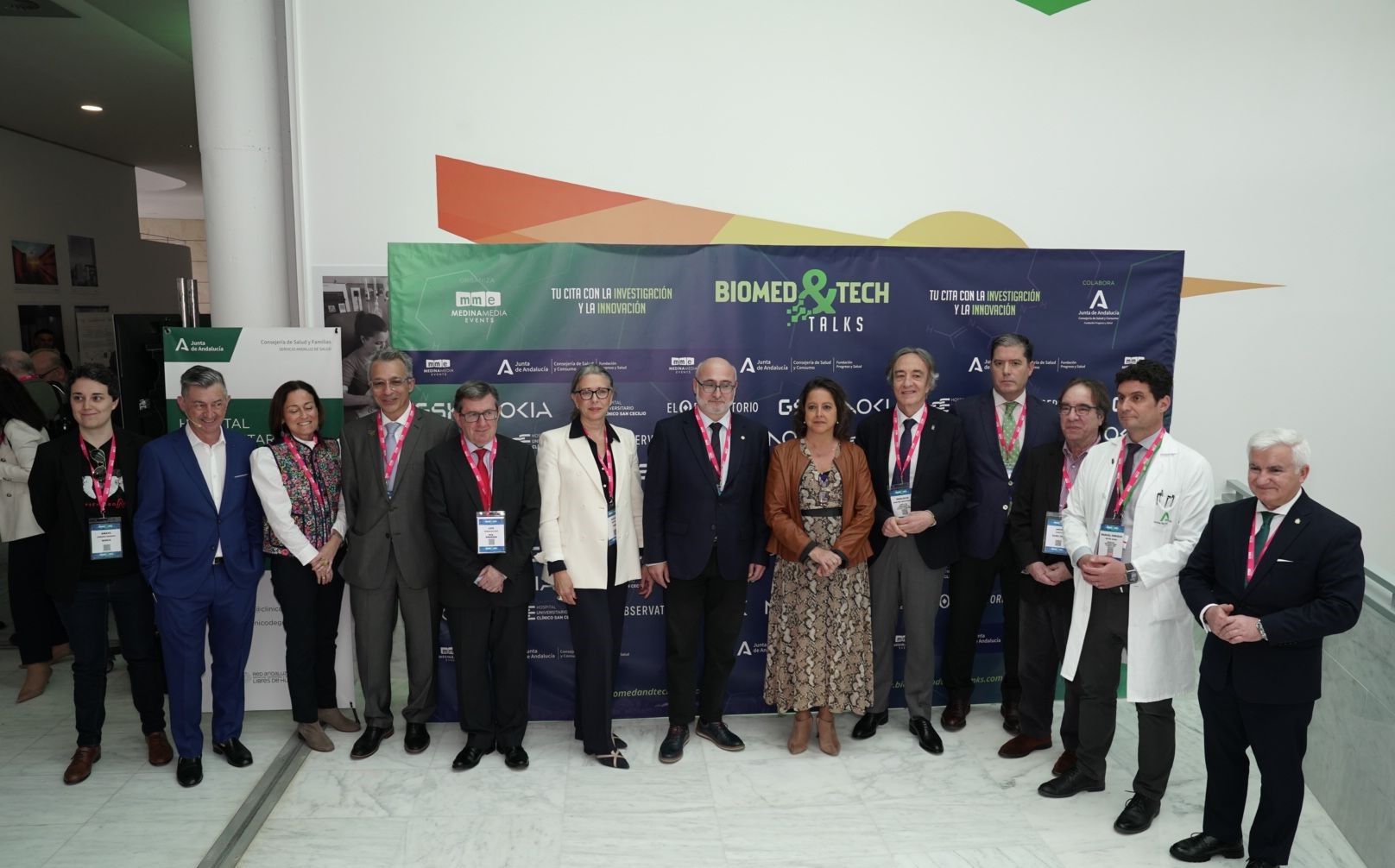
More than 40 experts in biomedicine and biotechnology, of which more than 40% are women, meet in an event called to be a reference of biomedicine and biotechnology in southern Europe and that in its first edition has counted with the presence of an eminence of neuroscience as Dr. Alvaro Pascual-Leone, Professor of Neurology at Harvard Medical School, ‘Speaker’ of Honor’ of ‘BioMed & Tech Talks’, who has developed a keynote speech on how our brain works, how it is structured and how it changes constantly every second: ‘BioMed & Tech Talks’, who has developed a keynote speech on how our brain works, how it is structured and how it changes constantly every second: ‘BioMed & Biotech Talks’. Tech Talks’, who has developed a masterful presentation on how our brain works, how it is structured and how it changes constantly every 5 seconds: “The brain is not at rest, it is in continuous change and allows us both to adapt and to have the risk of causing us diseases”, has argued Pascual-Leone.
“Brain diseases are the biggest cause of fear in the world.”
“Brain diseases are the number one cause of suffering and fear among people”, said the prestigious neurologist before revealing a convincing fact: “What worries 97% of the European population most is the possibility of developing dementia”. For Álvaro Pascual-Leone it is necessary to “promote health and not wait for the disease to confront it”, since the “current approach to brain health is reactive”. As a striking fact, “diseases and disabilities due to brain causes are the greatest cause of disability in the world and cost more than 15% of the world’s gross domestic product (GDP)“.
“Andalusia boosted a total of 702 new clinical investigations in 2023.”
The Regional Minister of Health and Consumer Affairs of the Andalusian Regional Government, Catalina García Carrasco, was in charge of welcoming all those attending this event, which was also attended on its opening day by the Secretary General of Public Health and R+D+I of the Regional Ministry of Health and Consumer Affairs of the Andalusian Regional Government, Isaac Túnez, the Deputy Mayor of Granada, Vito Rafael Epíscopo, and the delegate of the Rector for Health of the University of Granada, José Juan Jiménez Moleón.
Councilor Catalina García Carrasco pointed out that “Andalusia promoted a total of 702 new clinical investigations in 2023, which represented a 19% increase over the last five years”, while she was pleased that Andalusia, and specifically Granada, was chosen to host this event “is the result of the Andalusian government’s clear and decisive commitment to healthcare research and innovation“. “It means that we are not only a benchmark in R&D&I, care and attention, but also in advances in the healthcare sector,” said the minister, who also pointed out that at the end of 2023 there were a total of 3,798 active studies, including clinical trials, observational studies and clinical research with medical devices.
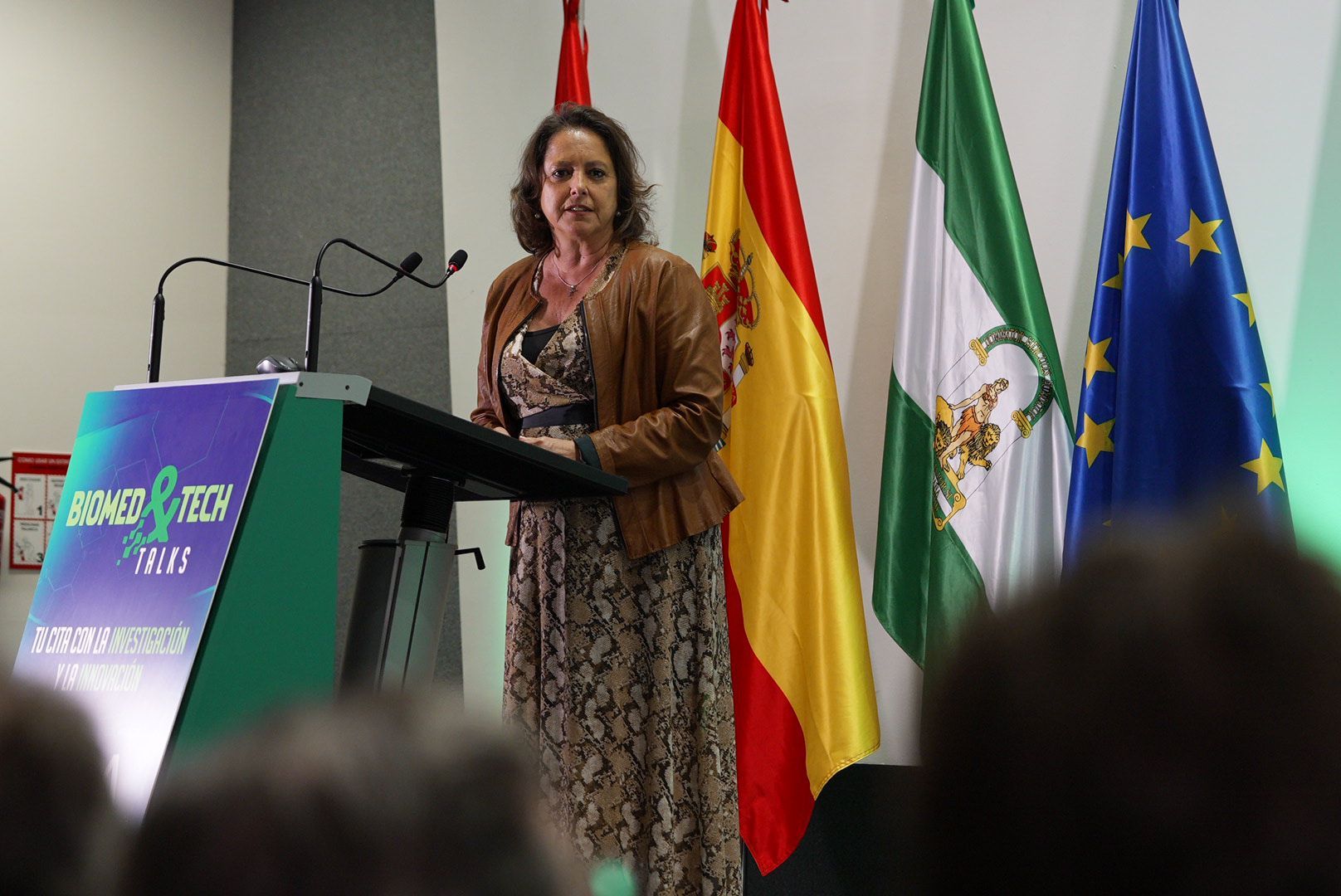
The Andalusian Health Institute (ISA) will be born with a budget of 100 million euros
Isaac Túnez, Secretary General for Public Health and R&D&I in Health at the Regional Ministry of Health and Consumer Affairs of the Regional Government of Andalusia, highlighted the commitment being made by the Progreso y Salud Foundation -a collaborator in this event- to the “development of excellent healthcare, as well as to innovation and research”. “Andalusia is looking to the future with a new horizon with the commitment to make the system more efficient,” said Isaac Tunis, who highlighted the great effort being made to set up the Andalusian Health Institute (ISA), which will bring together “the management of research, training and consultancy” and which could become a reality at the beginning of 2025.
The Andalusian Health Institute (ISA), which will have a budget of around 100 million euros, “will have the capacity to generate a research career similar to that of the CSIC that will allow it to strengthen the talent” of researchers in a region that has shown an increase in active studies, from 17% to more than 60%. Within the national ecosystem, “Spain continues to be one of the benchmark countries for the development of clinical trials. At the European level, 43% of clinical trials are carried out in our country,” Tunis emphasized.
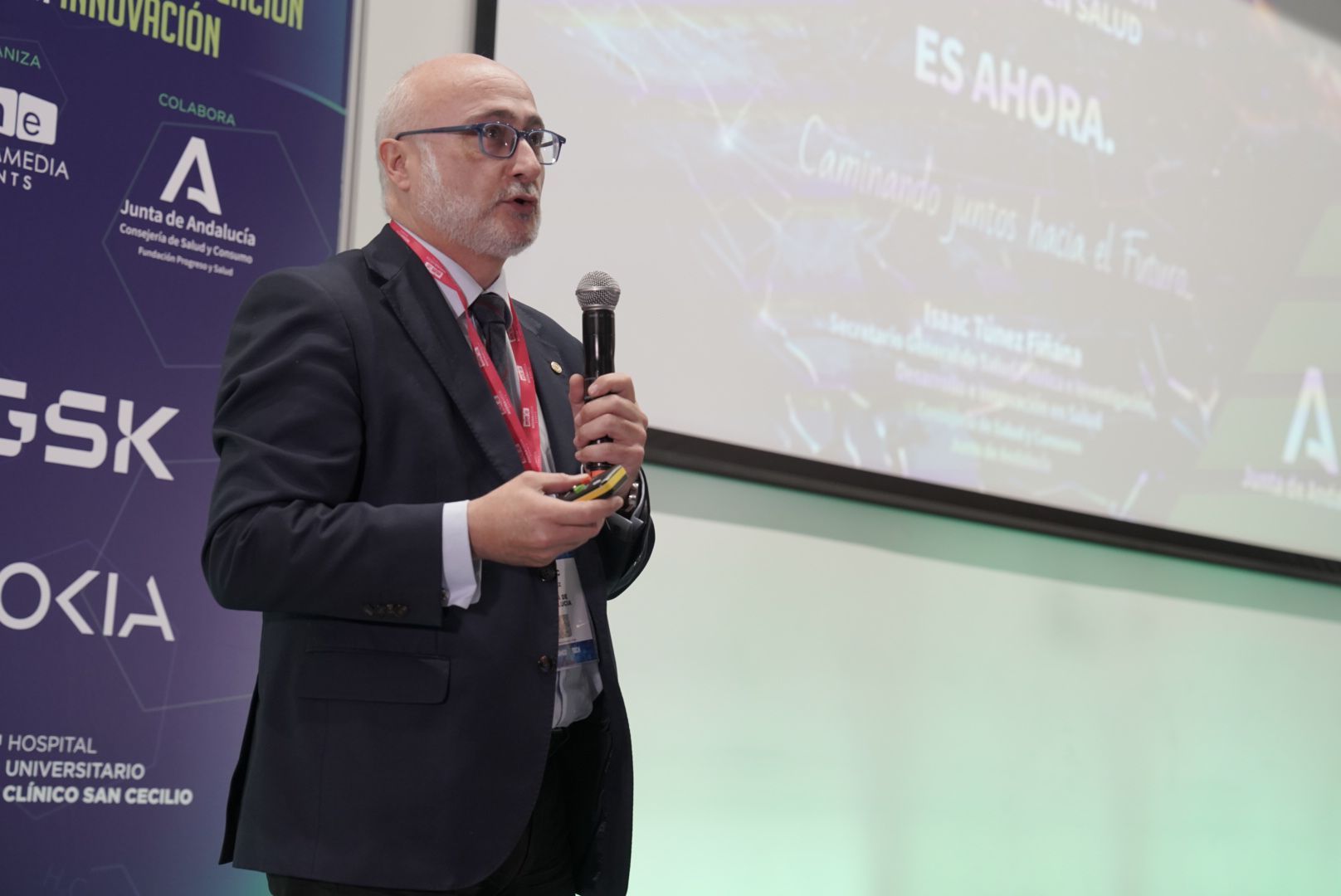
“Considering Covid as a flu was a mistake.”
For his part, Dr. Amós García Rojas, medical epidemiologist and member of the Standing Committee for Europe of the World Health Organization (WHO), explained the “agreements and disagreements” that occurred from 2020 to the present day, especially in the toughest months of the global health emergency caused by the Covid pandemic. For Dr. García Rojas, there were “three important initial errors of perception: considering Covid as a flu out of a desire to underestimate a major health problem; the debate on masks; and, finally, believing that it was a seasonal virus“.
In the opinion of Amós García Rojas, the context of “global warming, the change in the ecological niche, poverty, the relationship between humans and animals are key factors in the triggering of pandemics, which we will suffer again in the future”. We must be prepared for that moment and for the Canary Islands epidemiologist it will be essential that we have “a solid, robust and firm health system. A strengthened primary health care that will allow us to better monitor and control the pandemic”. In the same way, “clear public health policies” that will allow all “citizens to receive their doses of vaccines in due time, form and in spaces enabled for this purpose by qualified health professionals”.
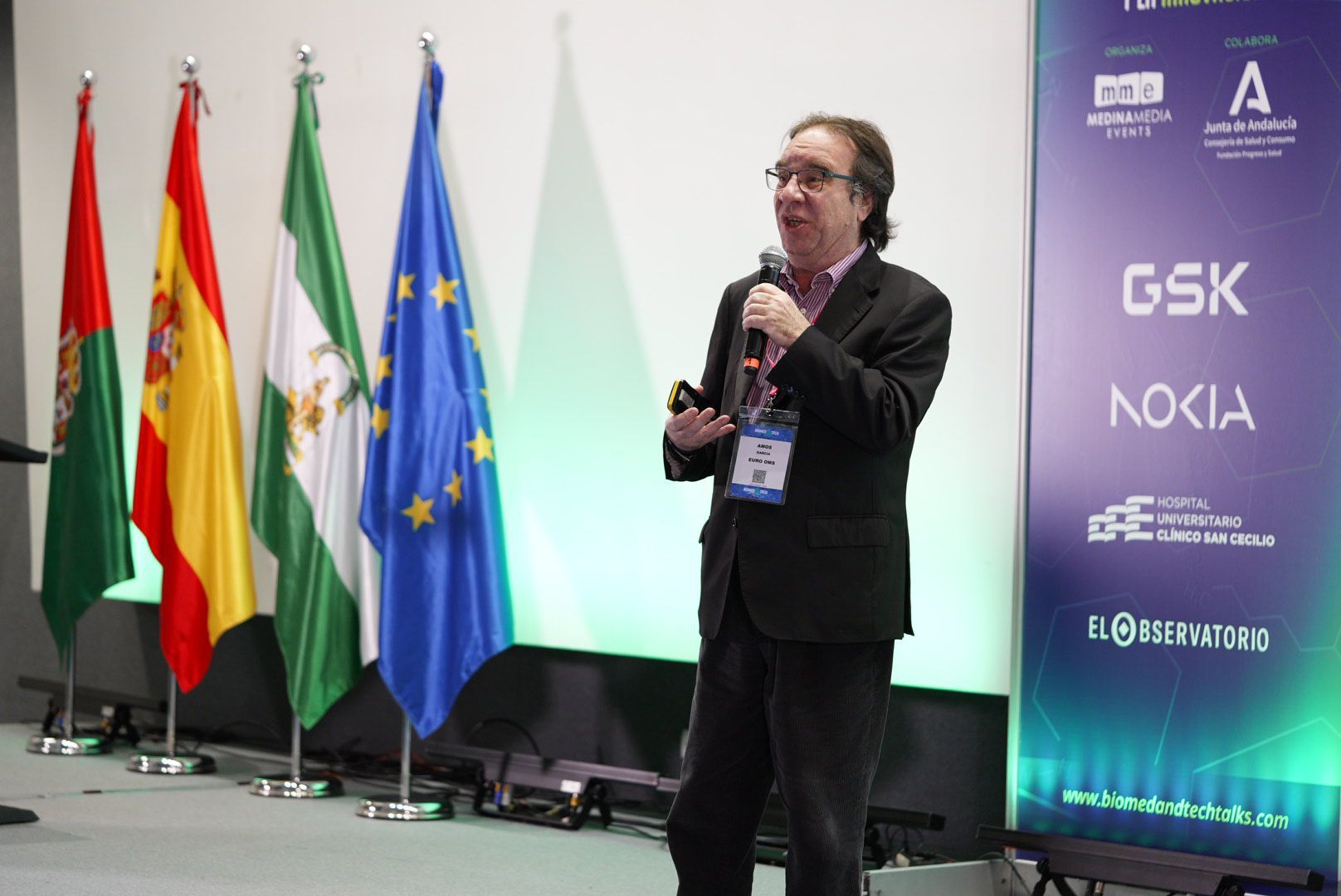
“The health sector, second in investment volume”.
Jorge Pou, Director of Innovation and Commercial Operations at GSK Spain, highlighted the growth of the healthcare sector, which “in 2023 was the second sector in terms of volume of investment in entrepreneurship” behind only the financial sector, which was only one percentage point behind. “The time is now,” Pou stressed. “The time to bring science and technology together to improve the lives of patients due to the state of maturity of certain technologies, the greater availability of data and greater capacity around the world of healthcare,” said the representative of GSK Spain.
“The union of science and technology is what will lead us to have an impact on patients and improve their care,” said Jorge Pou, for whom “technology is nothing without people”. In his view, the technology sector has the “great responsibility of empowering primary care physicians, helping them to have the best tools to help them make good decisions”.
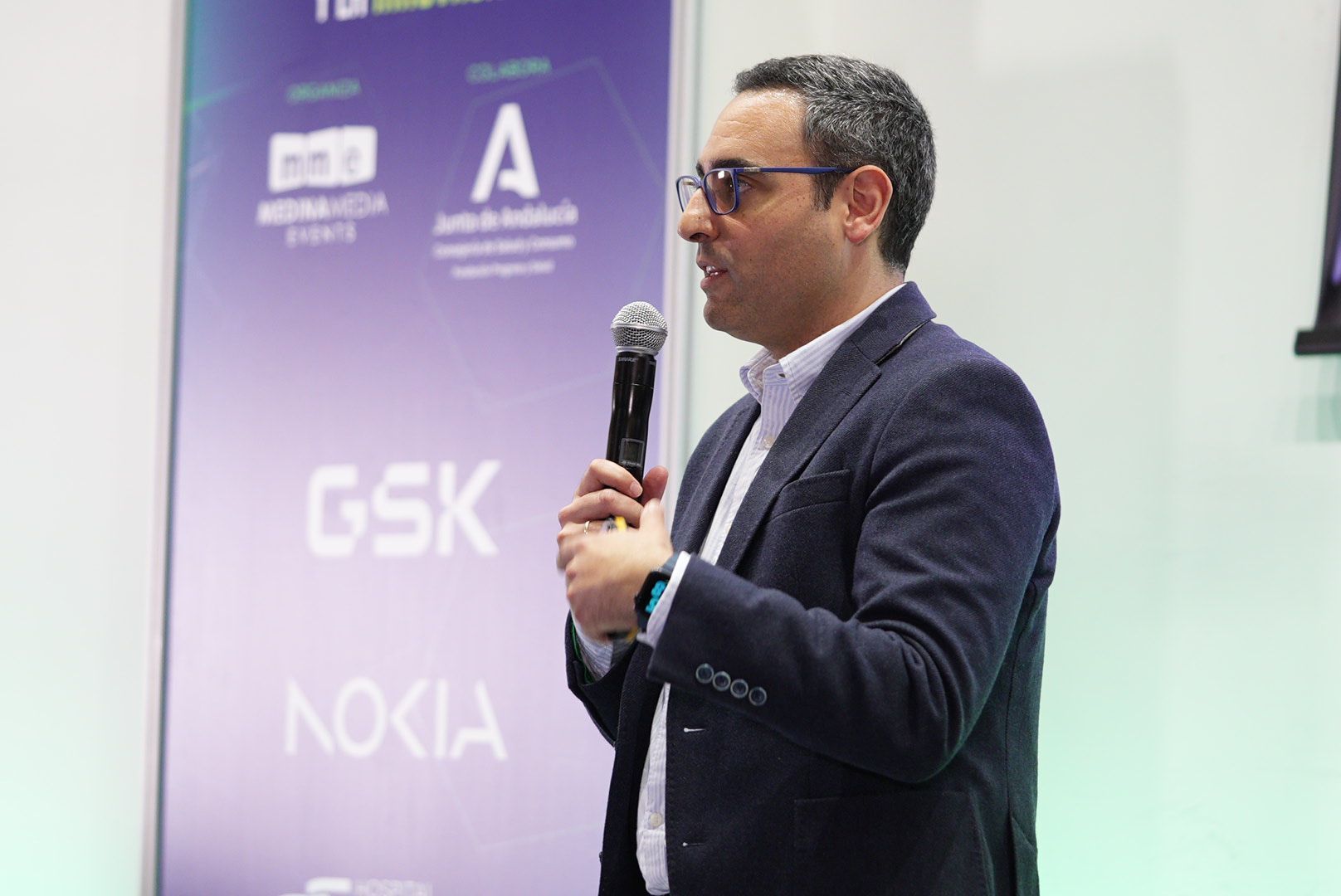
“Spain has consolidated its leadership in clinical trials in recent years.”
Among the list of notable representatives of the sector, Farmaindustria, the pharmaceutical employers’ association that brings together 134 national and international laboratories that work to improve the health and well-being of people, was represented by Amelia Martín Uranga, Director of Clinical and Translational Research, who expressed her concern about “the loss of competitiveness in Europe“, although “Spain has consolidated its leadership in clinical trials in recent years”. Amelia Martín highlighted the “work for the promotion of training and research” thanks to one of the flagships of the employers’ association, the Best Project, while she has opted for “a national project, not only in the area of clinical research, but also in translational research”. The head of Farmaindustria pointed out the great work being carried out in Andalusia in the area of clinical research, even though it is positioned as the third region in Spain behind Madrid and Catalonia, where more than 50% of this occupation is concentrated.
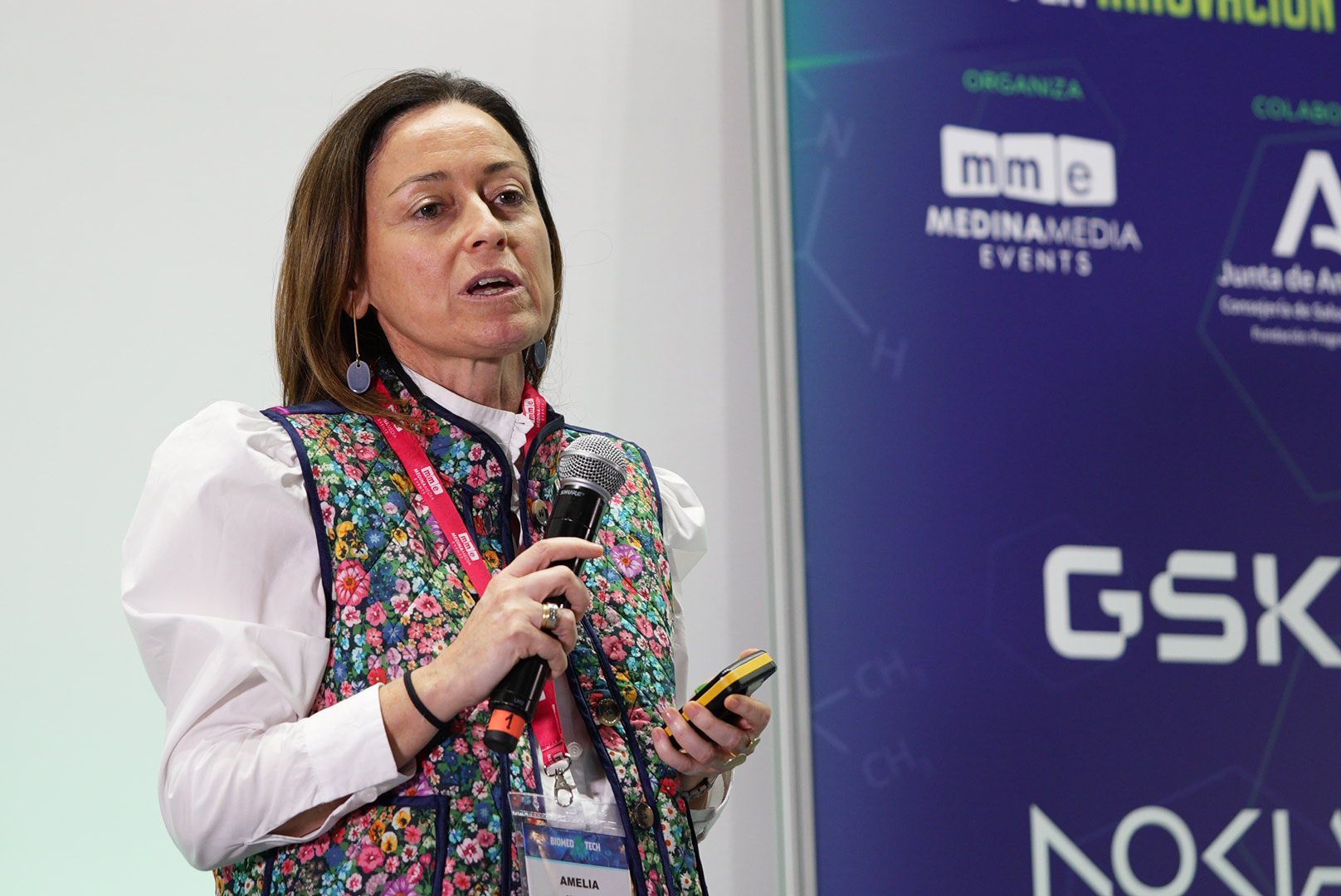
“One-third of the data that exists today recorded on a device is biomedical in origin.”
Joaquín Dopazo, director of the Computational Medicine Platform of the Fundación Progreso y Salud, offered a revealing note on the magnitude of data in medicine and its application in Artificial Intelligence, since “a third of the data that exists today recorded in a device is of biomedical origin”. Beyond images, AI is useful for “prediction or prevention”. Meanwhile, Miguel Ángel Armengol, Big Data coordinator of the Computational Medicine Platform of the Progreso y Salud Foundation, stressed that “the key lies in multidisciplinary collaboration to create environments with the vision of experts from different fields“.
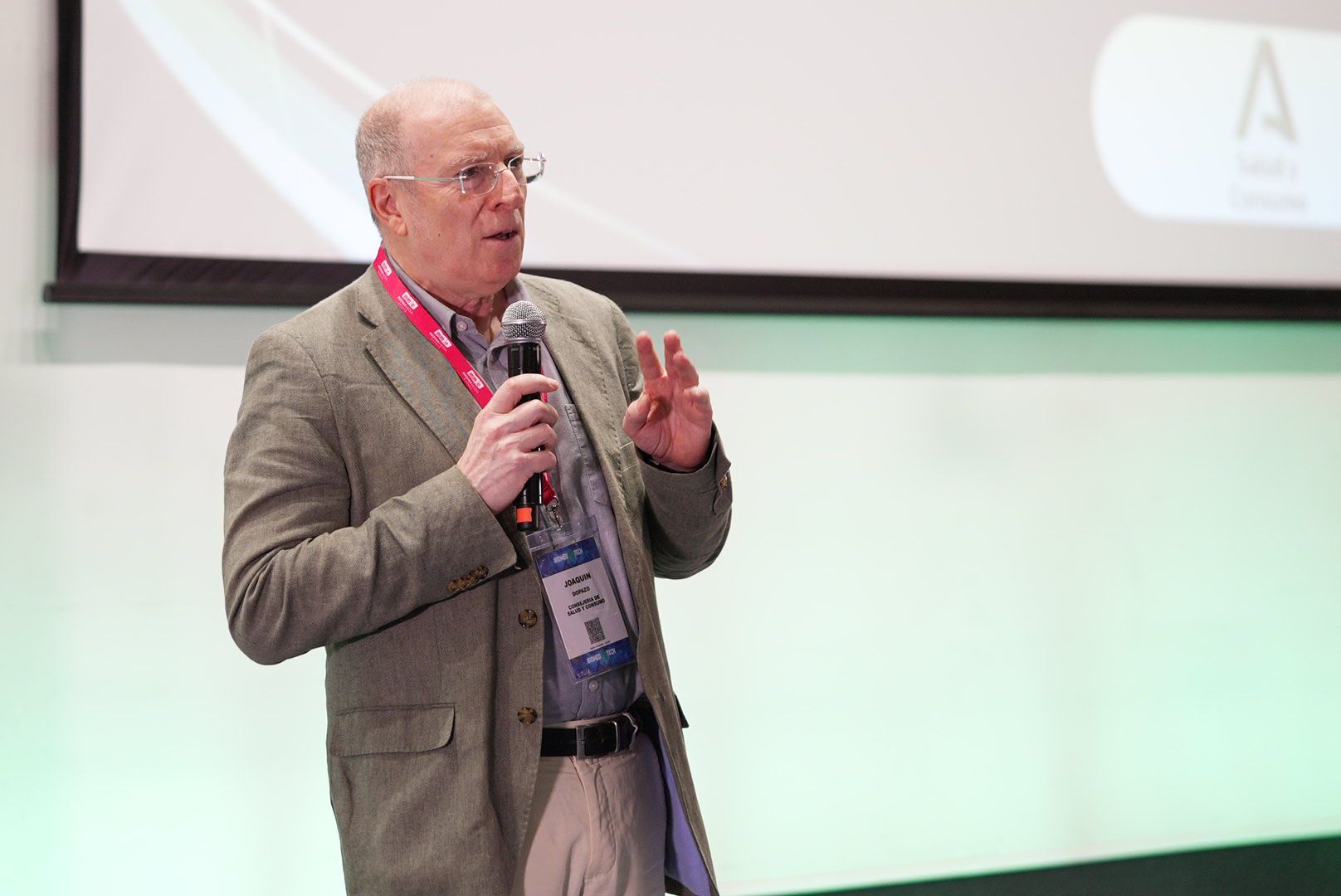
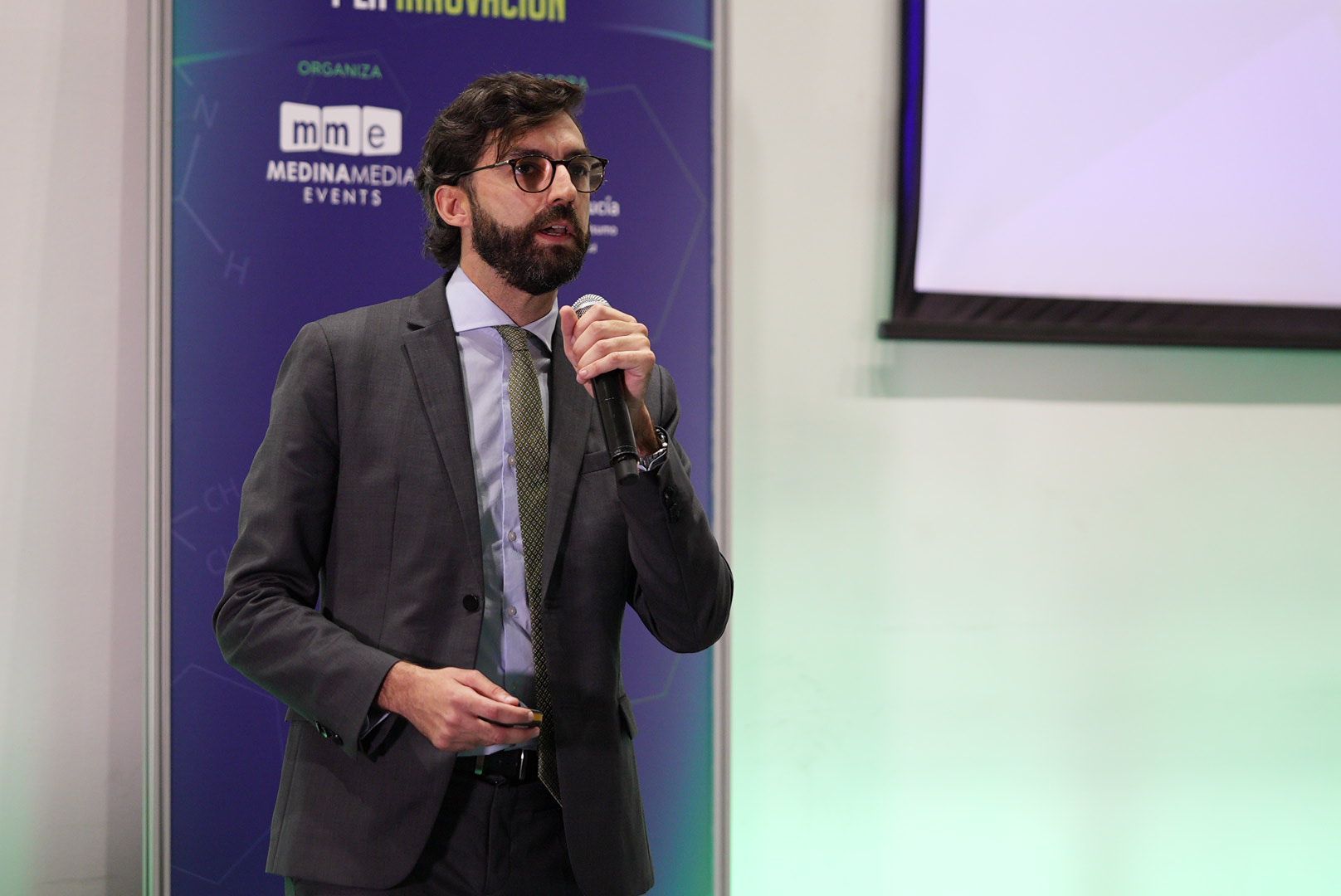
From the Metaverse to the Inclusive
For her part, Amaya Jiménez Moreno, researcher in Artificial Intelligence for eXtended Reality at Nokia Spain, XR Lab, gave an interesting presentation on extended reality applications, “very useful for a multitude of fields, including the well-being of a patient”. “We want to turn the metaverse into the incluverse. Extended reality applications that are useful, simple and for everyone”. For his part, Manuel Romero, specialist in Digestive System at the Virgen del Rocío Hospital in Seville and Professor of Medicine at the University of Seville, dealt with the subject of “metabolic hepatic sclerosis” which “affects a third of the world’s population”.
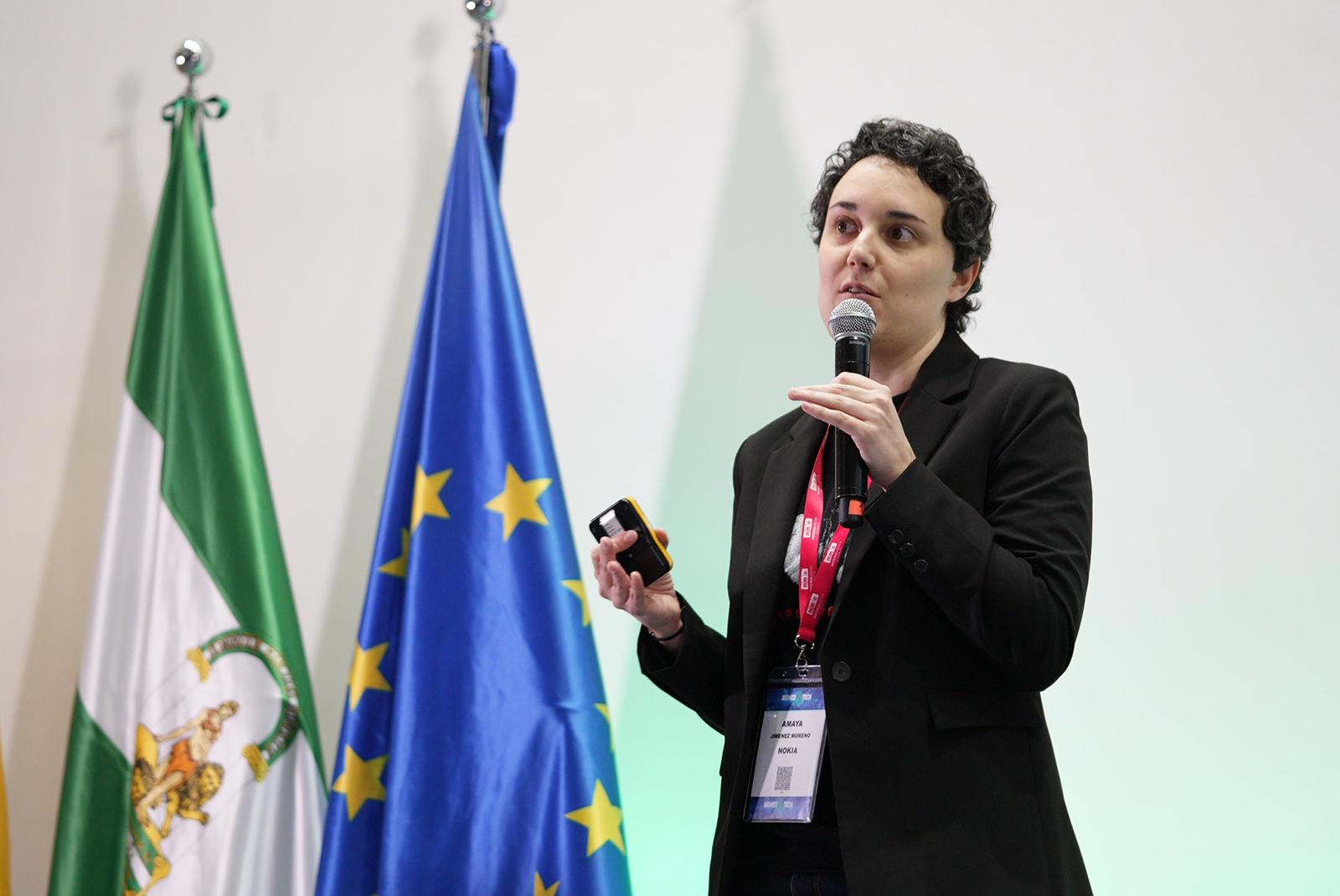
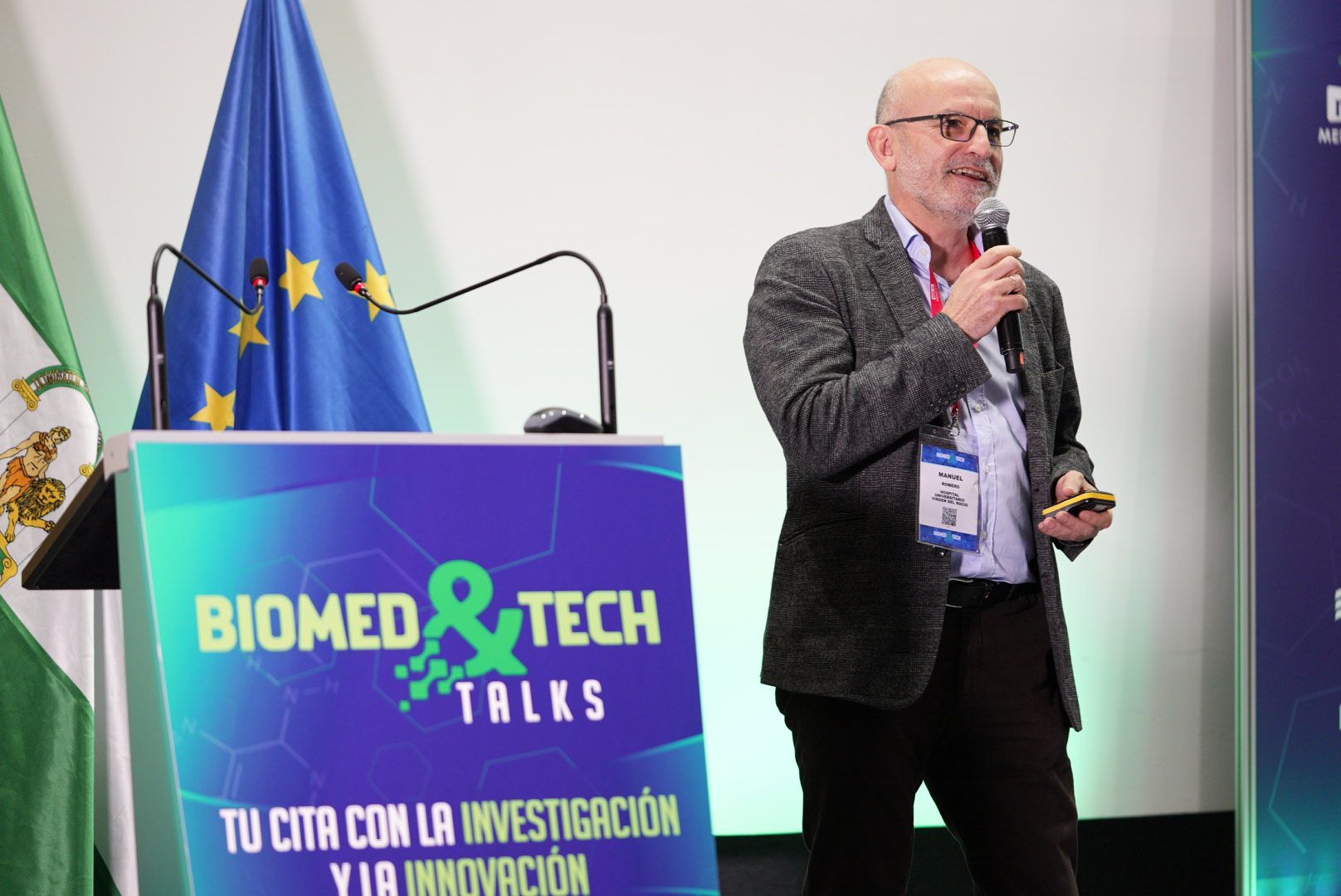
The importance of Artificial Intelligence in the future of health care
BioMed & Tech Talks’ has had European institutional support from the very beginning. From Brussels, Iliana Ivanova, European Commissioner for Innovation, Research, Culture, Education and Youth, joined this first great biomedicine and biotechnology event in Granada with a video message in which she highlighted the importance of Artificial Intelligence in the future of healthcare in Europe, as “it will play a crucial role in the processing of data on patients’ diseases and the results of treatments“. Ivanova reviewed some of the different projects the EU is working on, including Horizon Europe, “a research and innovation program that supports the development and uptake of personalized medicines,” one of the focus areas of the Innovative Health Initiative (IHI), a public-private partnership with a budget of 2.4 billion euros for the period 2021-2027.
In addition, all visitors were able to enjoy demonstrations from leading companies and organizations worldwide. From an ICU model to show the methodology to be used in complex and highly uncertain moments, to an Extended Reality experience, which has the possibility to treat the phobias of people with intellectual disabilities or even a bioprinter and a bioreactor that make available to research and science a custom-designed technology, born to integrate the advantages of additive manufacturing with tissue engineering, applied to regenerative medicine. Tomorrow you will also be able to live unique experiences in this exclusive demo area.
The first edition of ‘BioMed & Tech Talks’ has had an important media impact, as numerous media have picked up the first steps of this event called to be a reference of Biomedicine and Biotechnology in Southern Europe, such as Telecinco, Canal Sur, with the program ConCiencia, Granada Hoy or Granada Digital, among others.
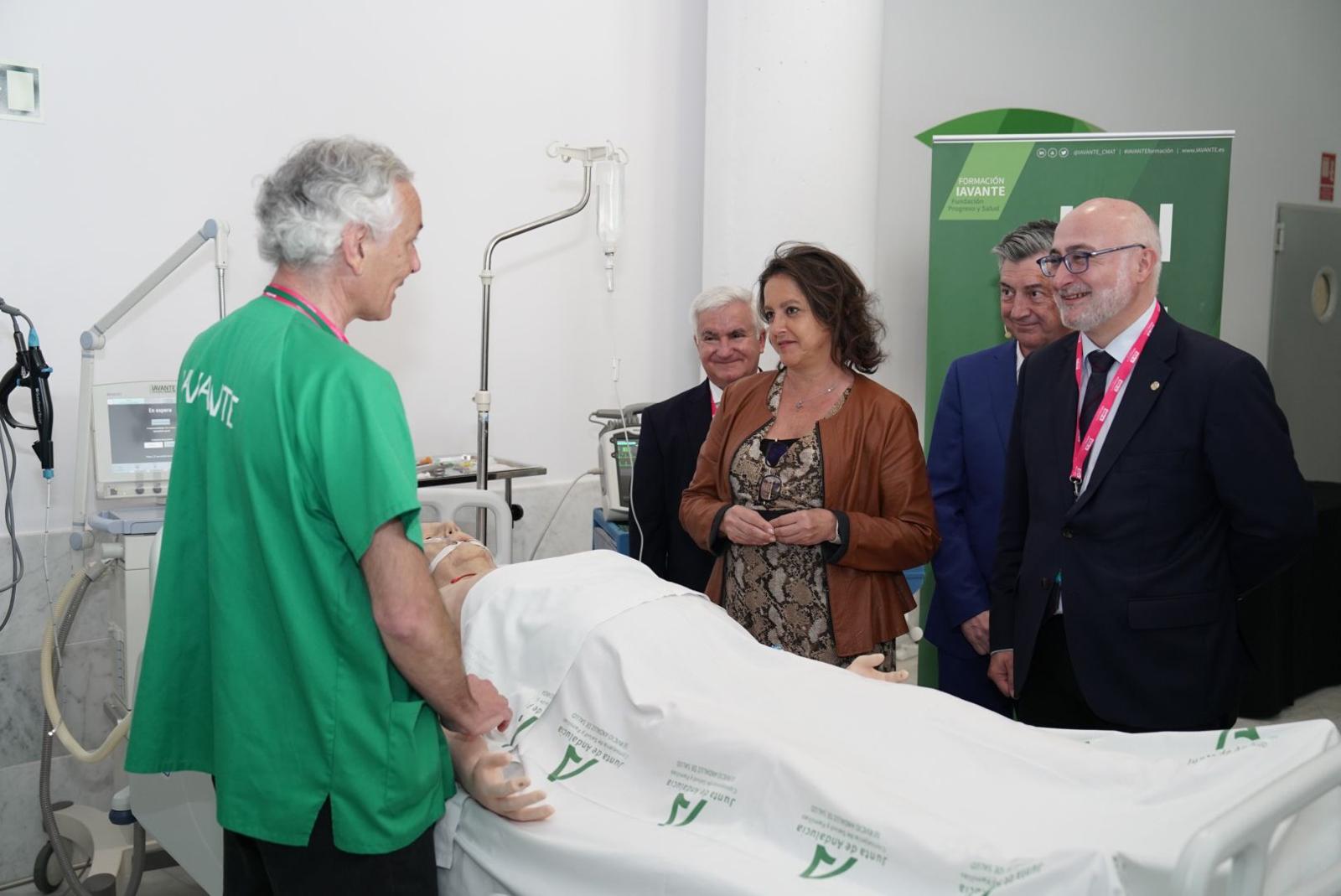
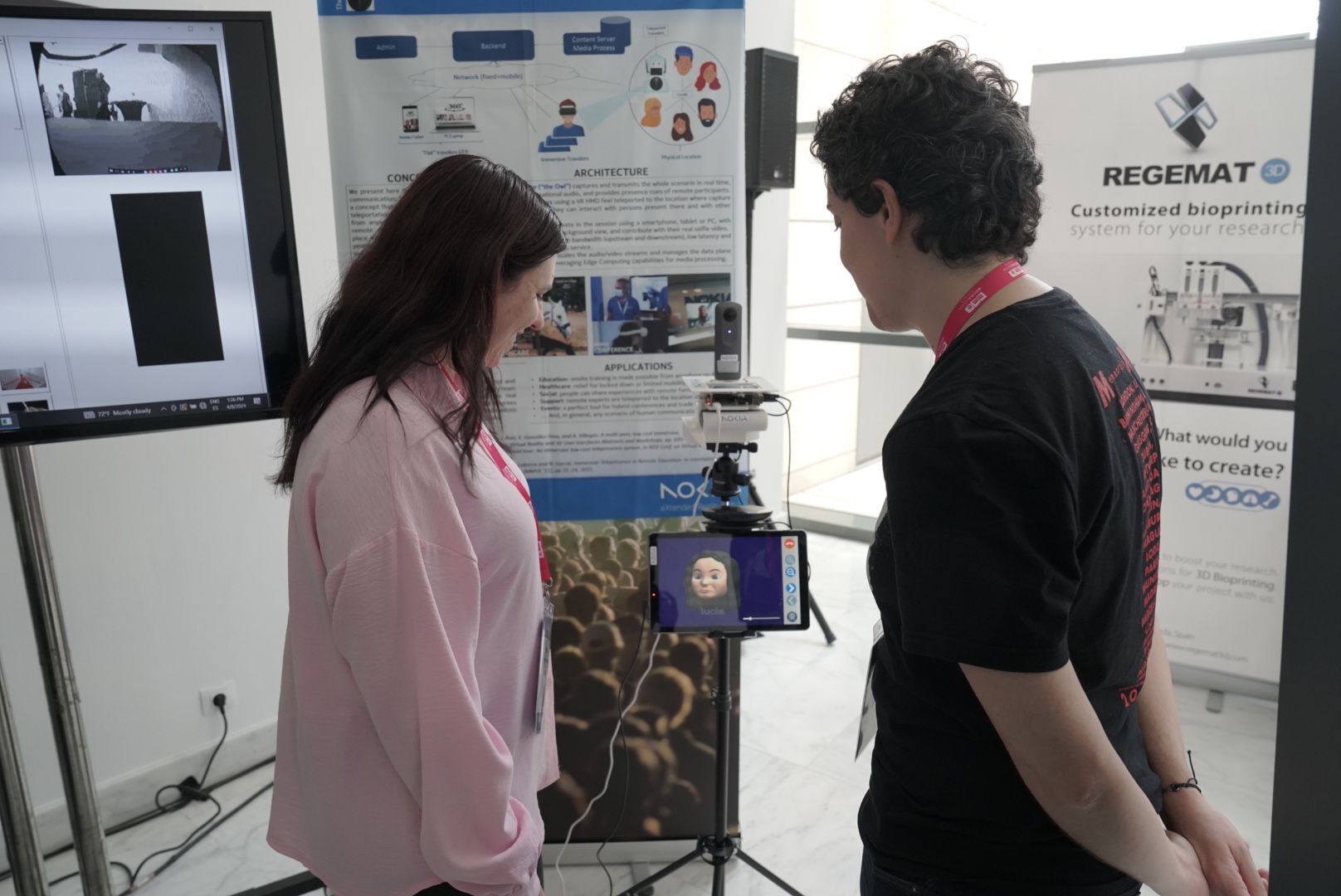
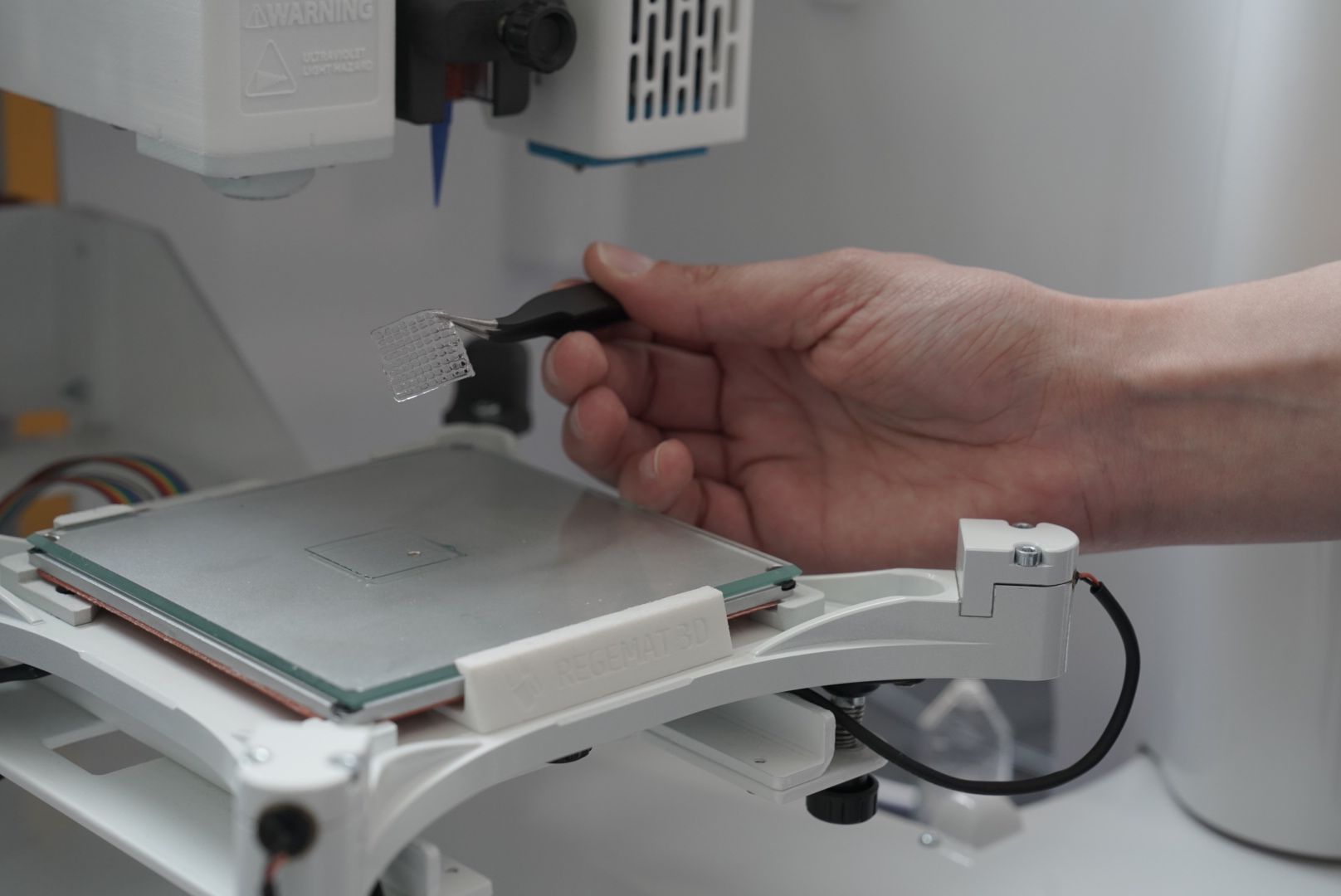
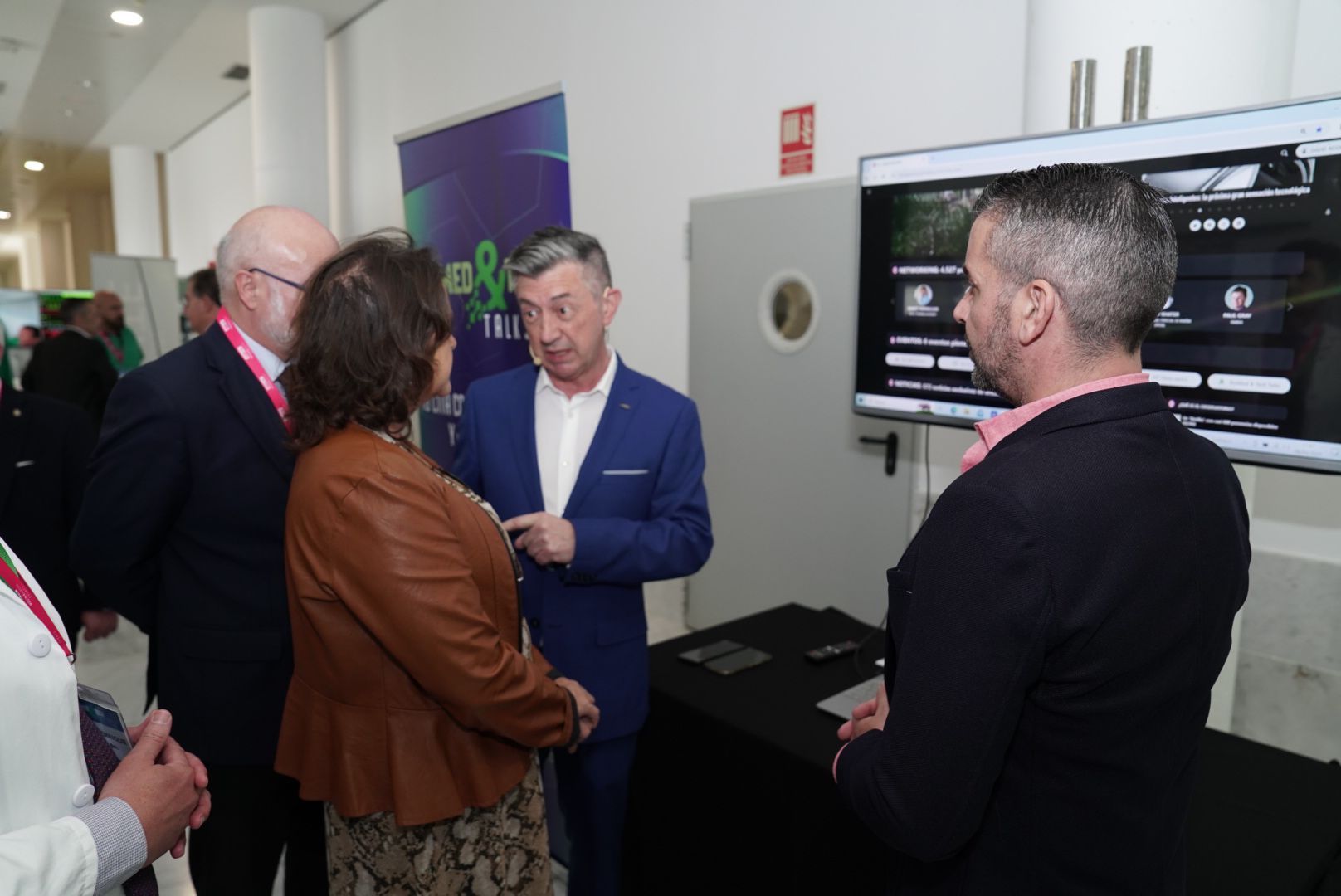
An innovative format
All of today’s presentations can be viewed through ‘The Observatory’, the digital platform of Medina Media Events, where all the interventions will be available 24/365 for on-demand consumption, like Netflix, but free of charge. Tomorrow, Tuesday, April 9, will deal with important topics such as the challenges of clinical research, the relevance of public-private collaboration in healthcare, the role of companies and startups in this sector and scientific dialogues from Andalusia.
The first edition of ‘BioMed & Tech Talks’ is organized by Medina Media Events in collaboration with the Fundación Progreso y Salud of the Consejería de Salud y Consumo de la Junta de Andalucía and is supported by GSK, Nokia, El Observatorio and the Hospital Clínico Universitario San Cecilio. Also collaborating are Andalucía TRADE, ASEBIO, Wellness Forum and Granada Convention Bureau, among others.
